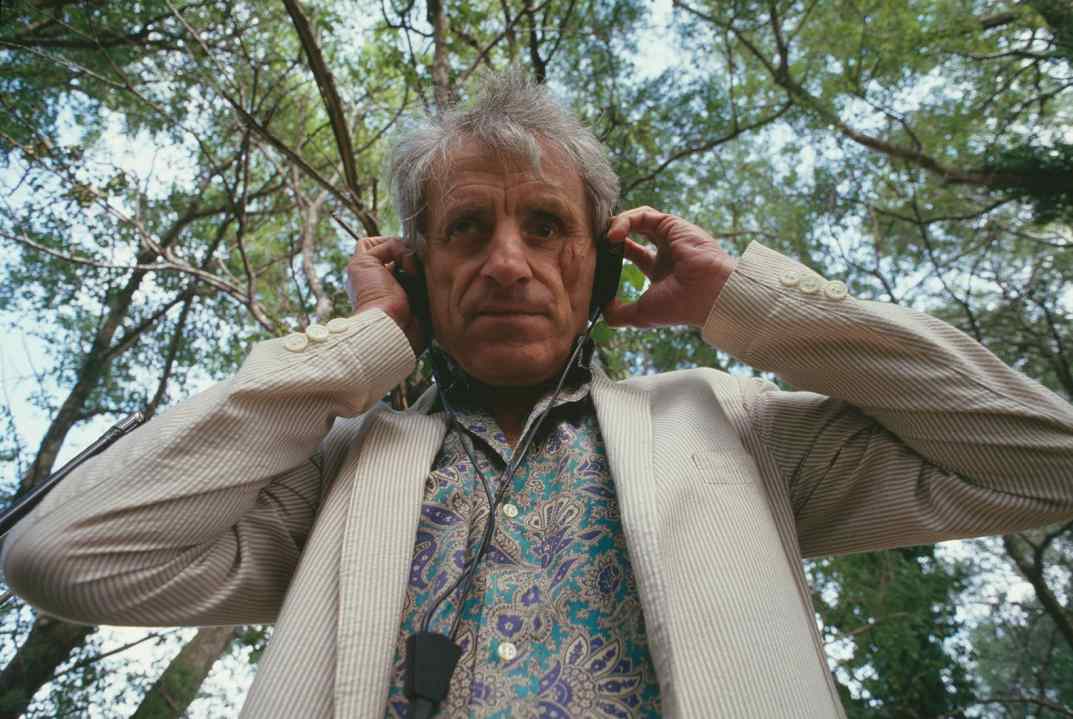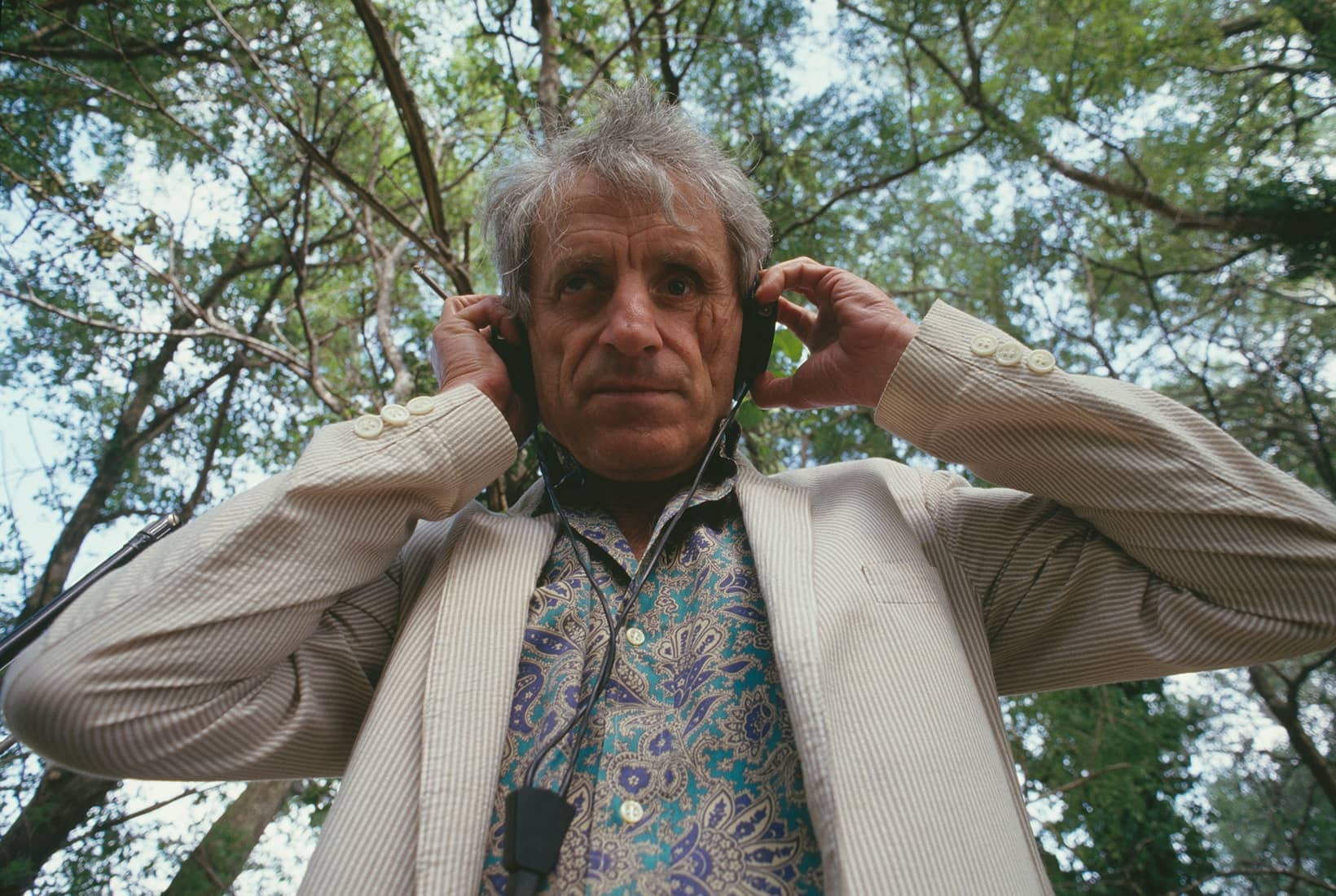This year is the centenary of the birth of Iannis Xenakis, the Greek composer-architect who called himself an ancient Greek stuck in the contemporary world. His instrumental music at times suggests an alien species trying to communicate with us through our musical instruments, his electronic music a distressed animal on the receiving end of amateur dentistry. For his part, Xenakis said that music ‘must aim… towards a total exaltation in which the individual mingles, losing his consciousness in a truth immediate, rare, enormous and perfect’.
Of all the post-war European firebrands, Xenakis remains the most influential today. ‘Xenakis opened many fields of inquiry that are still vital, undiscovered, and brimming with possibilities,’ says Chaya Czernowin, music professor at Harvard and one of today’s leading composers. ‘These fields observe and listen to nature, beyond our immediate perception and psychological underpinnings, and connect to a primordial view of human existence.’
Born into a bourgeois family, Xenakis grew up to be a migrant.

Get Britain's best politics newsletters
Register to get The Spectator's insight and opinion straight to your inbox. You can then read two free articles each week.
Already a subscriber? Log in








Comments
Join the debate for just $5 for 3 months
Be part of the conversation with other Spectator readers by getting your first three months for $5.
UNLOCK ACCESS Just $5 for 3 monthsAlready a subscriber? Log in